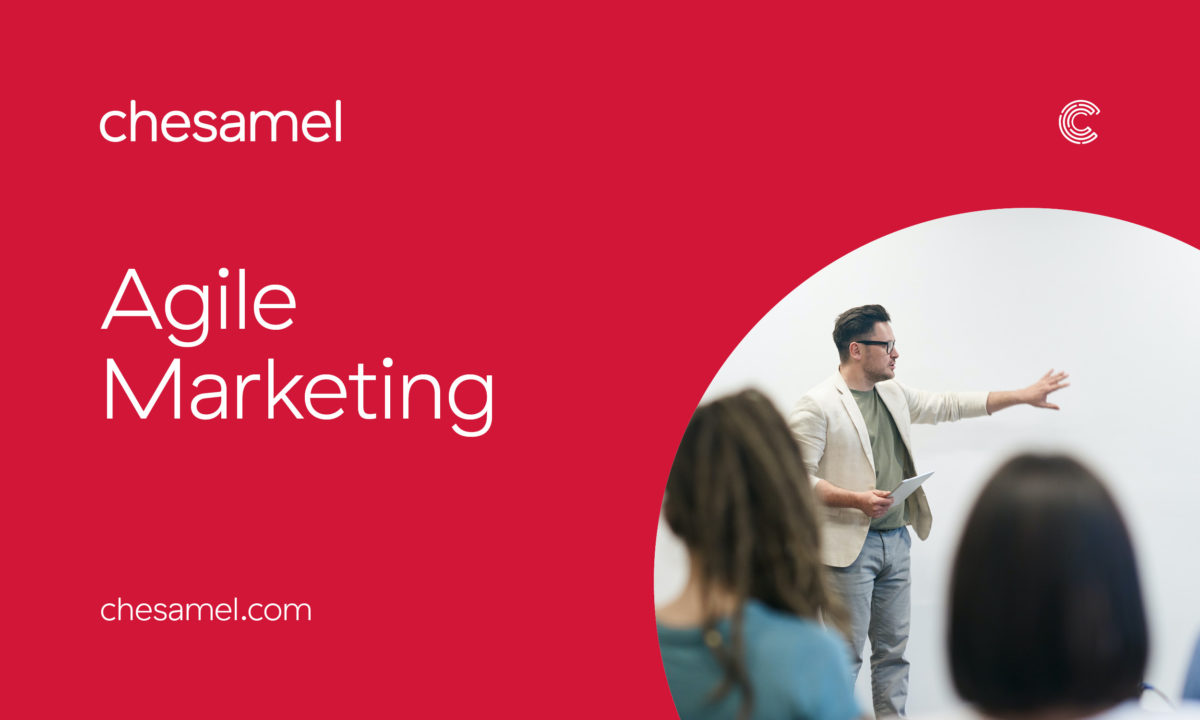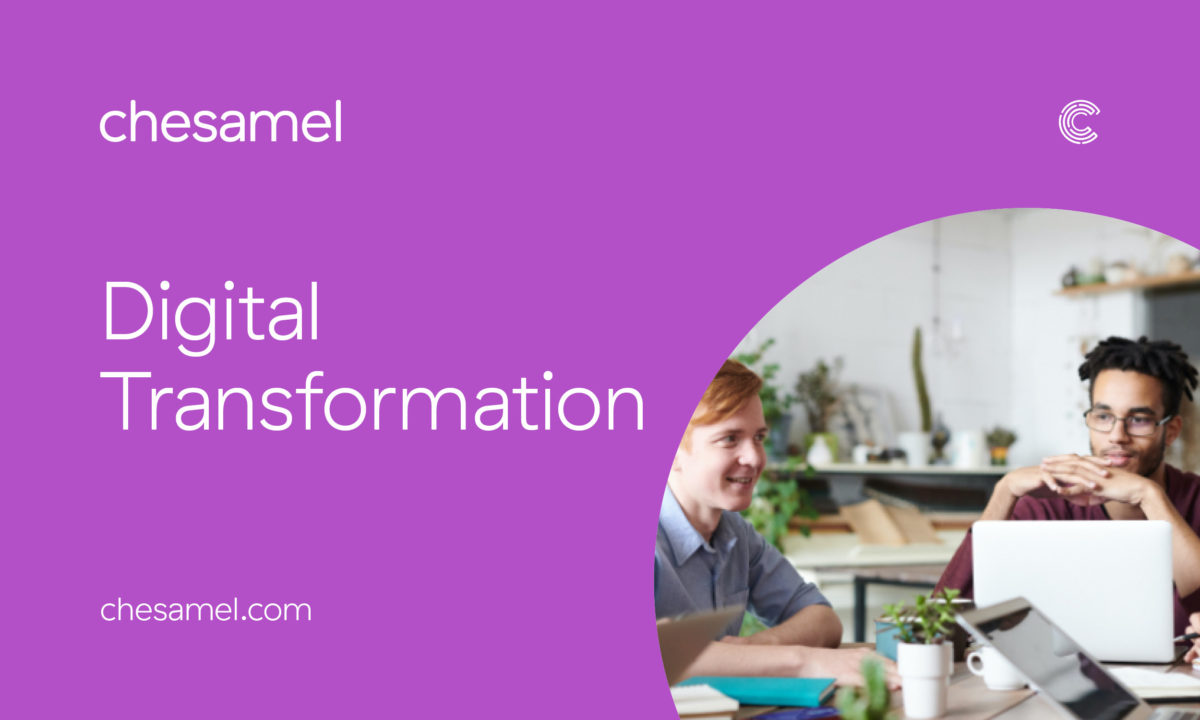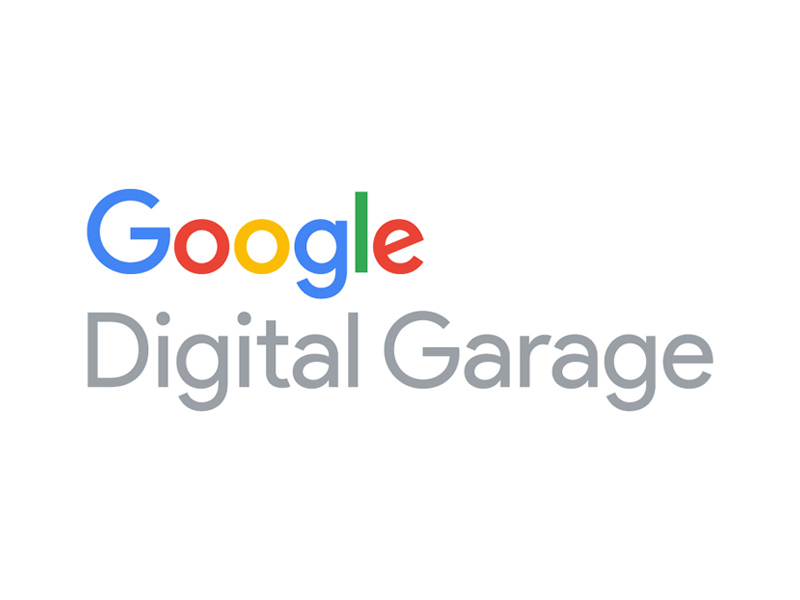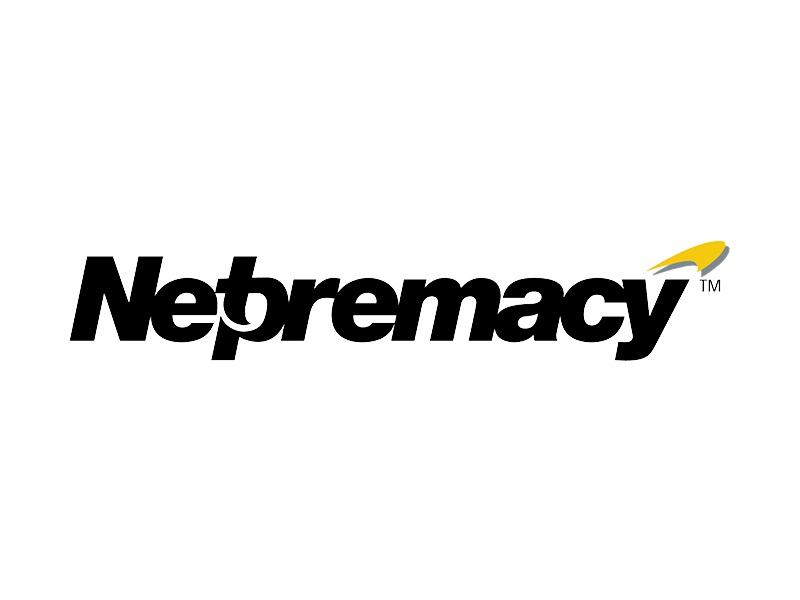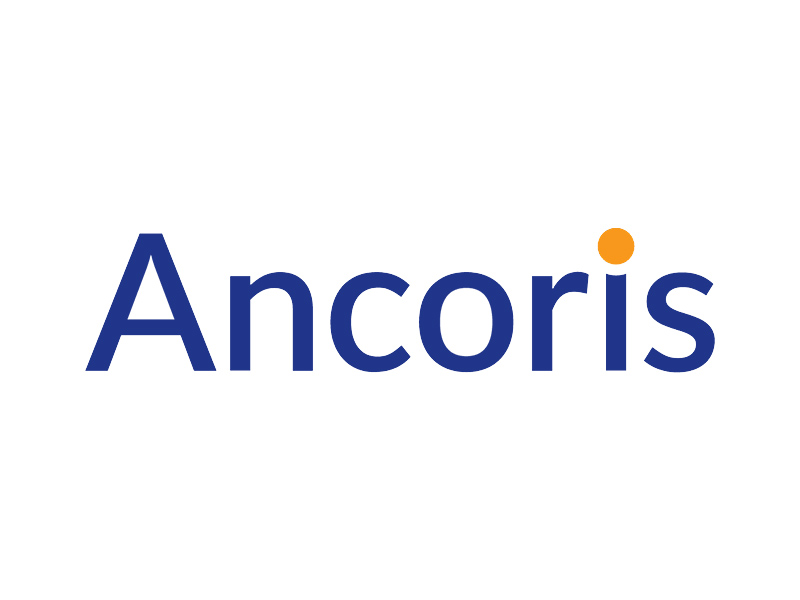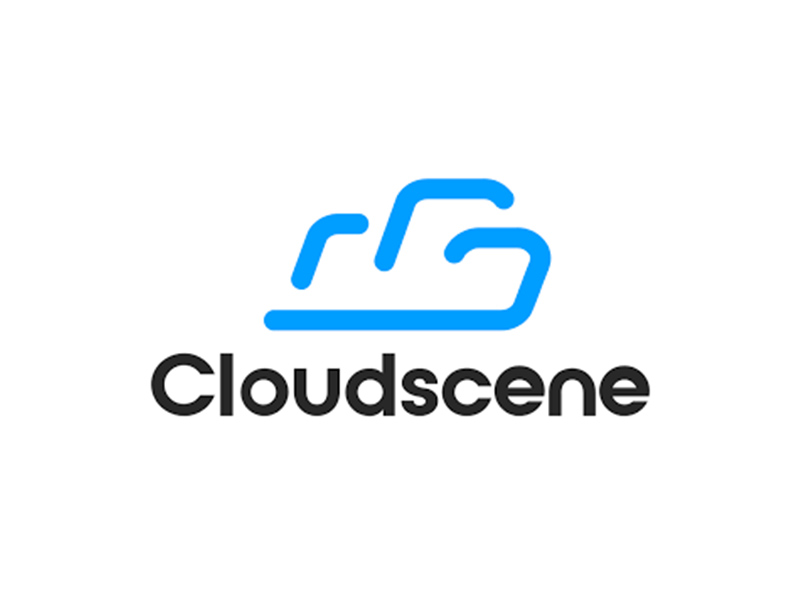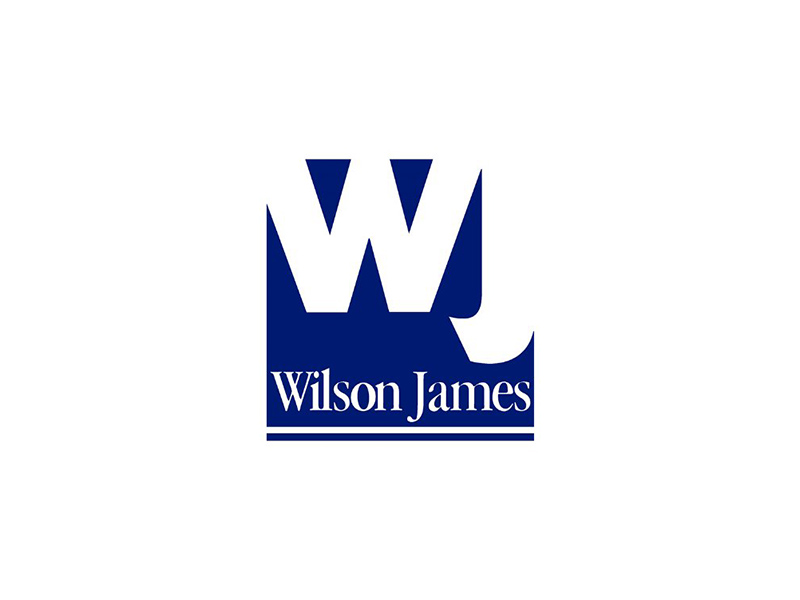The post-pandemic return to the office – how are you honestly feeling about yours? 50% of our own team are looking forward to the return to work, but what does that mean for the other 50%?
As we gradually look to return to the workplace on a more regular basis, feelings around the move are understandably mixed; some excited to reconnect with peers face to face, shed the zoom-fatigue, to meet and have coffee and uninterrupted, freeze-free conversations, and some still wary of the safety, sanitisation levels and socialisation they’ve become unaccustomed to.
Caring for employees is a vital part of management, one that has been highlighted tenfold over the past year. Motivations, preferences and perspectives have been altered and we know that the future of work is unlikely to ever mirror that which we left in early 2020. During the return to work period that so many organizations are looking to embark on, it’s vital to acknowledge and navigate these mixed feelings and emotions that surround it.
We’ve been working closely with our own teams to ensure that their experience throughout the pandemic has been flexible and altered when needed. What has this looked like for us? Increased check-ins, decreased meetings, optional virtual social meets, flexible working hours, shorter calls, and listening to the feedback from our teams to create what we hope to be the best working environment possible in the circumstances, and absolutely taking this forward into their future of work.
As part of this continuation, we have been very keen to ensure that the return to the office, company-wide, is calm, comfortable and flexible where needed. Communications with our team have been at the centre of this and honesty encouraged from their part. We have engaged our teams in anonymous surveys during the pandemic to monitor where we can improve and how teams are coping.
When our teams were asked how they were feeling about returning to the office, responses varied greatly from extremely positive to those who would rather continue to work from home and this mixed response should very much be something that workplaces have been preparing for. While 50% responded positively, feeling ready to get back to the office, a third conveyed concerns about returning 16.7% acknowledged that they had mixed feelings about returning to work.
“To try and accommodate a truly agile working style in place of the office norm prior to the pandemic, we are running a phased return at limited capacity that has served us well during the times out of lockdown. We are continuing with this approach as we have learnt that fully remote isn’t for everyone and depending on roles and level of experience having actual face time is essential for consistent productivity and individual development.
We have also looked at how returning to an office creates challenges just as the isolation of working from home. With this in mind, we are passionate about mindfulness and wellbeing as an organisation and provide training along with employee support to help cultivate the best working environment.” Emma Cofie – Chesamel COO
The development in the way workplaces operate is shifting to center around knowing our own limitations and managing our own mental health. Part of this is making conscious decisions around what we know will help us and being confident in communicating this with employers and workmates. As employers, the focus should be on supporting those who do communicate their needs and preferences and asking how these fears, concerns and anxieties can be eased or banished entirely.
We believe that one of the biggest wins for our teams was our consistency in our weekly scrums and the fact that we were already an agile organisation, used to working with remote members. With this in mind, the prefered way of working for the majority of our teams, when asked “We will soon be able to offer office-working again. What type of scheduling model would you prefer e.g. fixed weekday for you and your direct team, pick days freely, full time office based etc.?”, was detailed as preferring at least some time working from home and a flexible approach to the days they were in office, if at all. 71% of respondents preferred a flexible approach to returning to the office with a mixture of days in office and working at home. 14.3% wanted to work from home full time, with the same percentage looking to return to the office completely. The lack of strong desire to return to the office full time, speaks to the changes we were expecting and to the confidence in ability to manage workloads remotely.
This preference for and adaptation to remote working has meant changes for hiring managers too. Recruitment options have been opened up as the way we work has changed. With borders to location and travel removed, the talent pool opens up as do job opportunities for candidates.
In addition to this, employees may now more actively be looking to change roles. With a higher focus on work life balance, remote working is no longer a perk of the job but an expectation, a non-negotiable. 42% of this Prudential survey stated that if their organisation did not continue remote working post pandemic, they would look for different employment, who did offer this. For these reasons and more, we are seeing some companies going fully remote long-term, with some big names leading the way. Amazon, although some areas of it’s product dispensing business would not allow, for those where possible, employees will be able to carry out their roles fully remotely. Dropbox have transformed their office spaces into ‘Dropbox studios’ which essentially offer coworking spaces when needed but otherwise offer fully remote working.
At Chesamel we embrace the idea of working smarter, looking to understand working patterns and accommodate them while still operating smoothly and delivering 100% to our clients. This, it would seem, includes a flexible approach to working.
We have also taken the time over the past year to reflect on the values of our organisation, which the team has been heavily involved in forming. Two of our company values are to be brave and be human, strongly influenced by the changed needs of not only our employees but also our clients. Holistically our organisation places a focus on emotional intelligence and compassion and works to advocate, understand and pivot when we need to for the issues which affect our team, clients and fellow humans.
It’s been a year of learning for us all, organisationally and individually and it is in the realisation, compromise and innovation that evolves from this where we will see some exciting changes to the future of work in the coming years.
If you’d like to know more about working with Chesamel, as part of the team, or tapping into our expertise in talent management, marketing or digital transformation, please contact one of our team via email using info@Chesamel.com.





